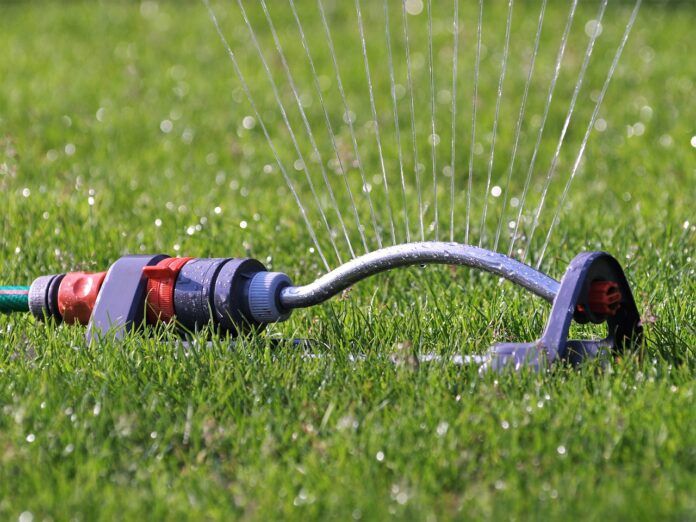The provincial government is urging residents and businesses to conserve water ahead of potentially worsening drought conditions.
“Everyone is responsible to do their part to conserve water and reduce the risk of negatively affecting the environment and other water users,” said the provincial government. “Water suppliers and vendors are also asked to ensure that they have an adequate water supply until rainfall can improve conditions.”
B.C. government officials said recent rainfall has provided some relief, but it is not enough to outweigh the limited precipitation in recent months.
A significant part of the province is under some level of drought conditions, which is measured on a scale from zero to five.
The Kootenays are under level three, which means that adverse effects may be possible.
The B.C. government said it will work with communities to limit the impacts of any possible droughts.
“If conservation measures do not achieve sufficient results and drought conditions worsen, temporary protection orders under the Water Sustainability Act may be issued to water licensees to support drinking water for communities and avoid significant or irreversible harm to aquatic ecosystems,” said provincial officials. “Provincial staff are monitoring the situation and working to balance water use with environmental flow needs.”
B.C. government officials are asking you to take steps to save water wherever you can.
“People and businesses in affected areas should reduce water use wherever possible and observe all watering restrictions from their local or regional government, water utility provider or irrigation district,” said officials.
The province has offered a few tips to help save water.
- At home:
- Limit outdoor watering, including lawns.
- Do not water during the heat of the day or when it is windy.
- Consider planting drought-tolerant vegetation.
- Find ways to reduce personal water use, such as taking shorter showers and only doing full loads of dishes and laundry
- Do not leave taps running.
- Install water-efficient showerheads, taps and toilets.
- On the farm:
- Implement an irrigation-scheduling program using real-time weather data
- Schedule irrigation to match crop needs and soil storage capacity.
- Improve water system efficiencies and check for leaks.
- Focus on high-value crops and livestock.
- Industry:
- Reduce non-essential water use.
- Recycle water used in industrial operations.
- Use water-efficient methods and equipment.




